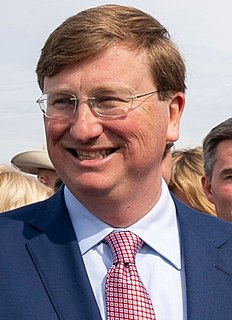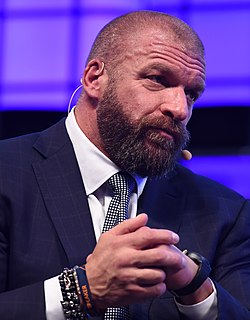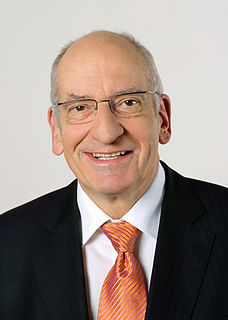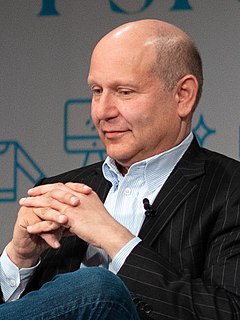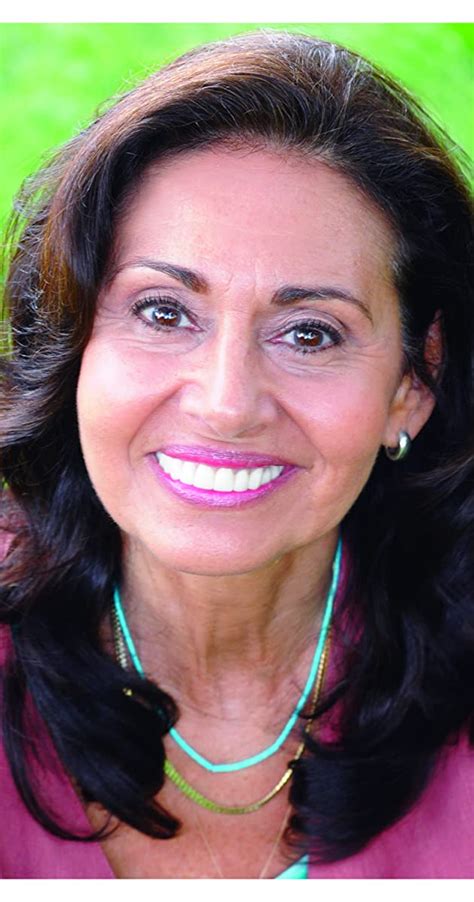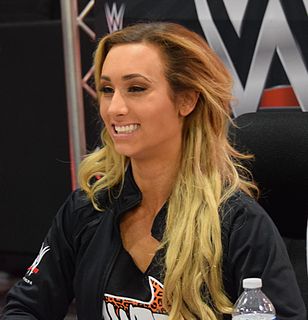A Quote by Michael Sorrell
Eighty-three percent of our students are Pell Grant-eligible, which means, by and large, that their families have a dysfunctional relationship with wealth and with work. So if you have never been in an environment where you have come to understand the expectations of a career, because all you have ever seen is people be underemployed or unemployed, then how are you going to learn that? Our students are getting two forms of education. They're getting a rigorous liberal arts training, and they're also getting real world work experience.
Quote Topics
Also
Arts
Because
Been
Career
Come
Dysfunctional
Dysfunctional Relationship
Education
Eighty
Eligible
Environment
Ever
Expectations
Experience
Families
Forms
Getting
Going
Grant
How
Large
Learn
Liberal
Liberal Arts
Means
Never
Our
People
Percent
Real
Real World
Relationship
Rigorous
Seen
Students
Then
Three
Training
Two
Underemployed
Understand
Unemployed
Wealth
Which
Work
Work Experience
World
Related Quotes
Getting ready to wrestle is like getting ready for a car crash. Getting ready to work with Brock Lesnar is like knowing you're going to get hit by a bus and the bus is going to back over you. If I'm going to work 'WrestleMania,' 16 weeks out I have to start training like I'm Mayweather getting ready for a fight.
Public education for some time has been heavily focused on what curricula we believe will be helpful to students. Life-Enriching Education is based on the premise that the relationship between teachers and students, the relationships of students with one another, and the relationships of students to what they are learning are equally important in preparing students for the future.
I do remember, one time, a man came to me after the students began to work in Mississippi and he said the white people were getting tired and they were getting tense and anything might happen. Well, I asked him "how long he thinks we had been getting tired"? I have been tired for 46 years and my parents was tired before me and their parents were tired, and I have always wanted to do something that would help some of the things I would see going on among Negroes that I didn't like and I don't like now.
If you look at figures, we have a good supply of doctors in Switzerland. They always say that in the future we shall have a lack of home doctors, family doctors. I'm not sure of that, but we have a problem of formation. Every year there [are] about 1,000 students beginning medical studies, and at the end of the formation there are only 600 young people getting the diploma. It means that about 40 percent of the students fail during the studies, although there is a selection at the beginning. Forty percent is too much as failure, so probably there is a problem in the formation, education.
The Los Angeles Times reported that sixty-three percent of American families are now considered dysfunctional. Good. 'Cause that means when Armageddon really happens, thirty-seven percent of this population is going to lose their minds. Oh my God, the world is over! Us sixty-three percent? We're going to go, Hey... there's no one watching the Lexus dealership! We're going to the Apocalypse with leather and a CD changer! You guys have been great. Thank you.
Literary or scientific, liberal or specialist, all our education is predominantly verbal and therefore fails to accomplish what it is supposed to do. Instead of transforming children into fully developed adults, it turns out students of the natural sciences who are completely unaware of Nature as the primary fact of experience, it inflicts upon the world students of the humanities who know nothing of humanity, their own or anyone else's.
The experience I had all those 40 years of working on Broadway and working on television, I bring it to students and I let them kind of drain me dry but they all feel at the end of the class that they are getting so much out of it. The students grow in my classroom because they feel safe. They don't feel like they're going to be yelled at.


